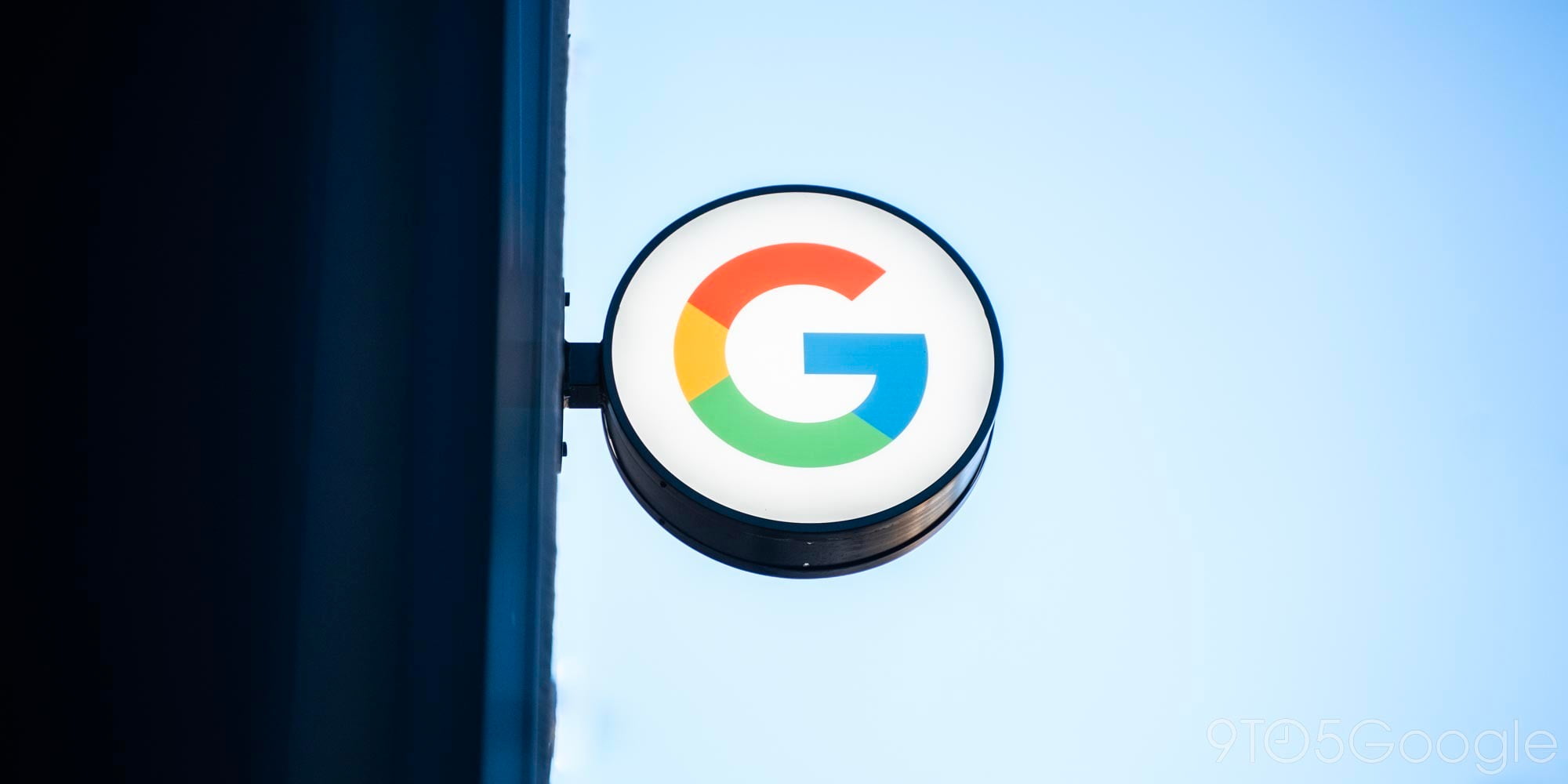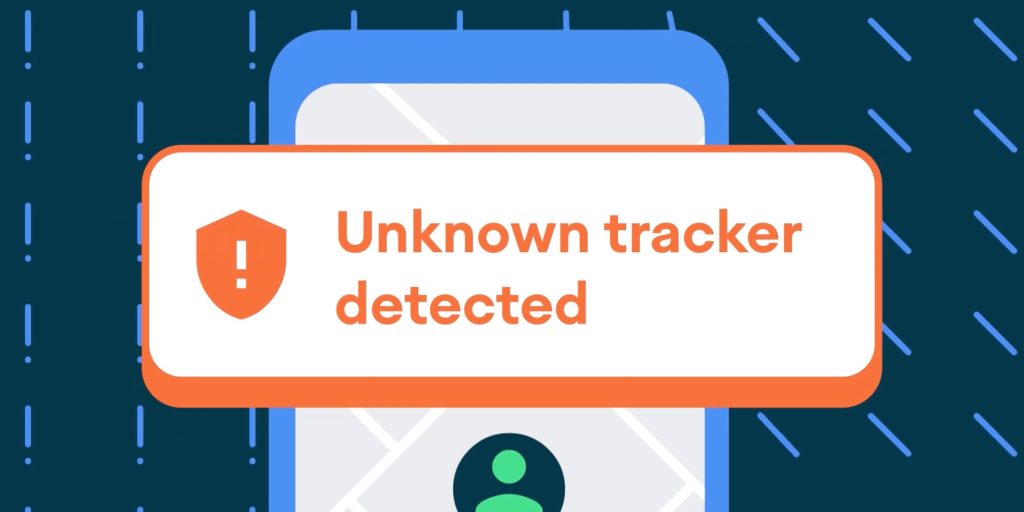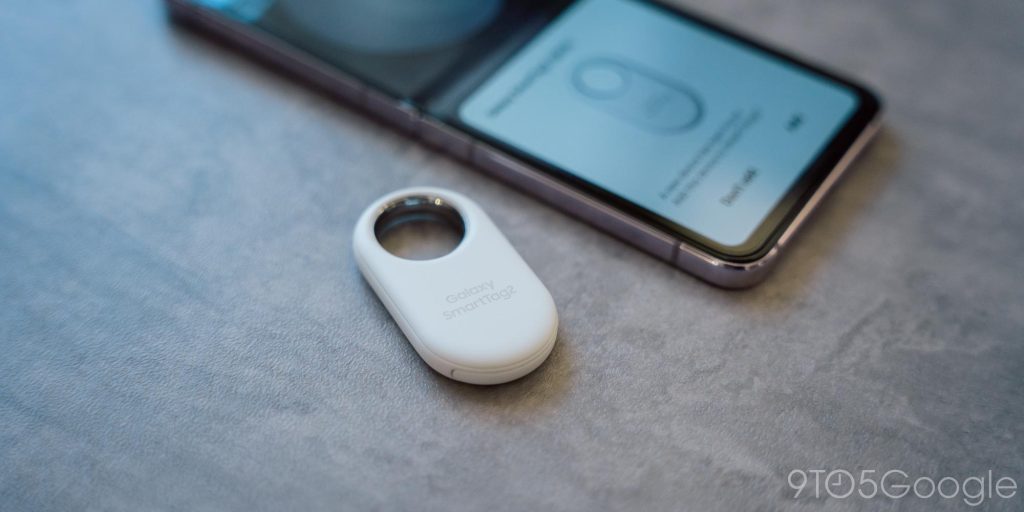
Back in May of this year, Google announced that it would launch the “Find My Device” network for Android, which would allow for AirTag-like tracking on Android devices. But, over the summer, Google announced that it would delay the “Find My Device” network until Apple implemented tracking protection in iOS, and now, amid the busiest travel season of the year, Google is still leaving Android users at the mercy of Apple.
The “Find My Device” network, whenever it debuts, will use millions of Android phones, regardless of manufacturer, to help pinpoint the location of a tracker, lost headphones, and more. While Apple’s network is very strong in the US market, Google’s Android-based network would immediately outrank Apple’s on a global scale as Android devices are far more widely used internationally. That’s why the launch was so exciting, and Google even had hardware on board immediately.
In May, a few key partners signed up for Google’s “Find My Device” network, including Tile, Pebblebee, and Chipolo. All three brands were set to offer AirTag-like trackers that tapped into Google’s network, and there have been persistent rumors of Google releasing a first-party tracker too.
But back in July, Google announced that it would delay the launch of the “Find My Device” network and gave a specific reason for that. Google would hold off until Apple had implemented tracking protection into iOS for trackers using the Android-based network.
We explained at the time:
Google is not launching the Find My Device network “until Apple has implemented protections for iOS.” By making sure iPhone owners can find FMD-compatible trackers, this should hopefully reduce and help prevent the Google network from being used to track Apple devices without awareness from their owners.
Objectively, this is the right decision. Apple was hit with major criticism following the launch of the AirTag that the tags could be used for, and ultimately are often used for, tracking individuals without their knowledge. That was especially bad for Android users, as Apple’s device, at launch, gave an Android user absolutely no way to know if a tracker was on their person. That eventually changed, and in July Google and Apple launched “unknown tracker alerts” on Android, which would be able to detect an AirTag, no separate app needed.
That system is based on a new industry specification and, eventually, should also be able to detect trackers from other networks, including Samsung’s SmartThings Find network for the Galaxy SmartTag series, as well as third-party options from Chipolo, Tile, and others.
Google did mention that the new spec would be finalized “by the end of 2023,” which is coming up quickly. But even then, in the months since that announcement, it’s all been silent, and that silence is only getting more frustrating.

Apple hasn’t implemented tracker detection in iOS outside of protection for its own AirTag, and as far as has been said publically, there’s no word on when that will change since the spec isn’t finalized. Given that Apple’s updates are usually structured around big updates, that could mean we still have months more to wait if Apple doesn’t implement this change in a minor iOS update.
As a result, Android users are still just waiting. Pre-orders of the Chipolo and Pebblebee trackers that were specific to Google’s network are still on delay, and users are stuck settling for the third-party networks that aren’t as widely supported, especially now as Apple’s Find My network has been adopted by many third-party brands.
Samsung’s SmartThings Find network and the revamped Galaxy SmartTag 2 are currently among the best options for Android users, but the whole system is still restricted solely to Samsung devices. As Samsung is the top-selling smartphone brand in the world, that’s not necessarily a bad thing, but it makes the tracking far less capable than a more open network that encompasses all Android devices.

Really, it’s just a rough situation, and the timing couldn’t be worse.
As COVID-19 lessens its impact across the globe, travel is returning stronger than ever. In November, the TSA said that it expected the 2023 holiday season to top the records, with nearly 3 million passengers traveling around the Thanksgiving holiday, which surely led to plenty of lost luggage and items. As the BBC reports, 5.7 million pieces of luggage were lost or “mishandled” in the first half of 2023 alone. That’s a number that’s going down, thanks to better systems from airlines, but personal trackers go a long way in helping to better pinpoint the geolocation of a lost item.
Top comment by Charlie Callow
Google should have handled this like a vulnerability disclosure and given Apple a grace period to implement it. Google would then go public with the network when either Apple updates their software or the deadline for that period elapses (whichever is soonest). That way Apple would have had an incentive to do it rather than a disincentive (as-is delaying the network is to their advantage!)
Our colleagues over at 9to5Mac have detailed in-depth the benefits of Apple’s AirTag, which offers excellent tracking features and pinpoint accuracy, thanks to the wide use of iPhones. Earlier this year, Chance Miller called the AirTag a “must-have travel accessory,” citing the countless cases of people being reunited with lost or stolen items, thanks to an AirTag being in place.
Again, Google is technically doing the right thing by holding this network back until protections are in place.
Apple created a terrible privacy situation by launching the AirTag without such protections in place for iOS and Android users alike, but it doesn’t change the sting that comes from Android having this tech being actively developed and seemingly ready to go for months now but leaving its launch, at least partially, at the mercy of a competitor that has shown time and time again that it couldn’t care less about Android users. “Buy your mom an iPhone.”
More on Android:
- Google Find My Device network readies location-based privacy settings
- Android’s underrated ‘Reading mode’ beats Pixel 8 ‘Read aloud’
- Google will make it easier to set custom contact ringtones on Android
.
FTC: We use income earning auto affiliate links. More.




Comments